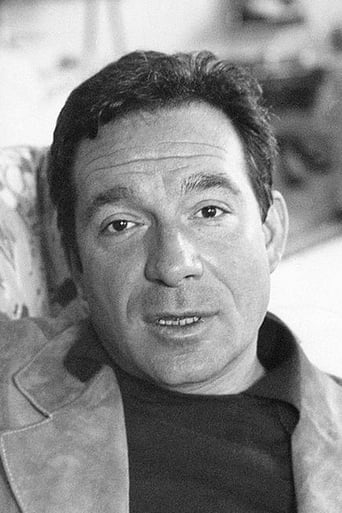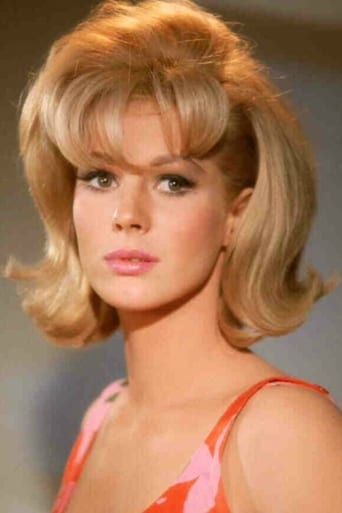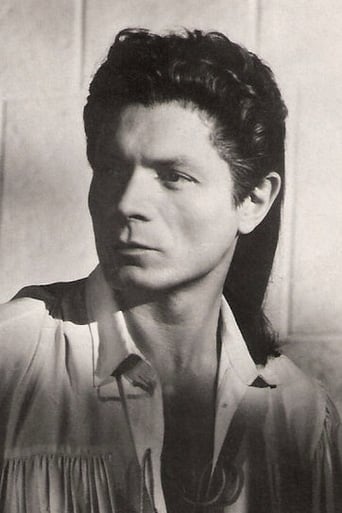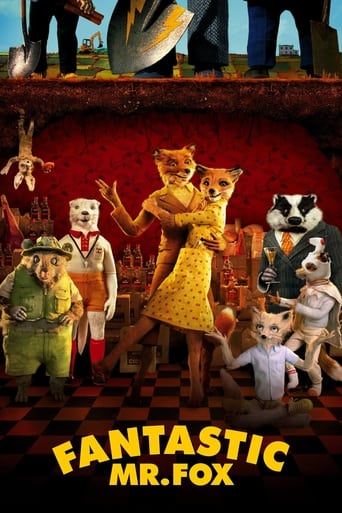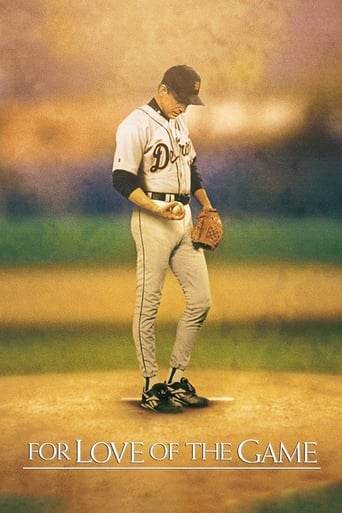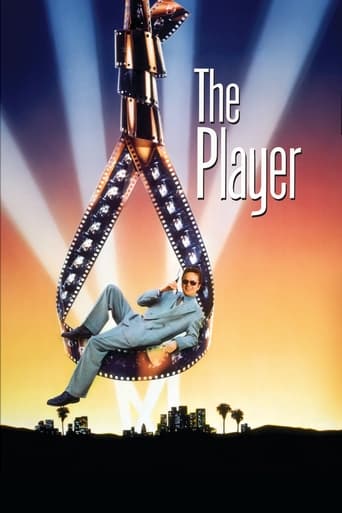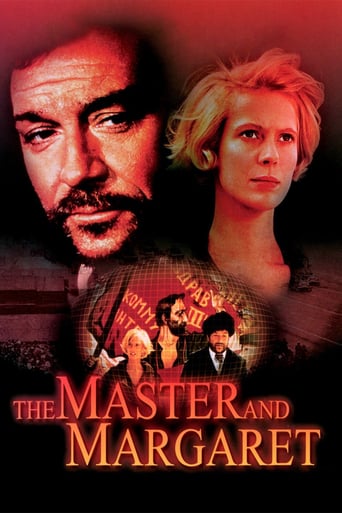
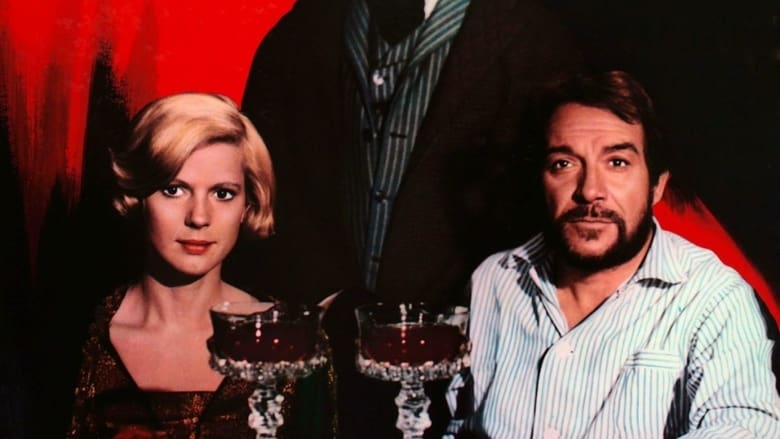
The Master and Margarita (1972)
Maestro Nikolai Masoudov, a talented writer, and his assistant Margaret, are working on a biblical story of Pontius Pilate. The Satan — Woland, and his lieutenants, are harassing Master by surveillance, by killing his friend, and sending another friend to Gulag prison in Siberia. Victimized by their harassment, Master becomes paranoid, and is locked up in a mental institution. Margaret is trying to save him regardless of the danger.
Watch Trailer
Cast
Similar titles

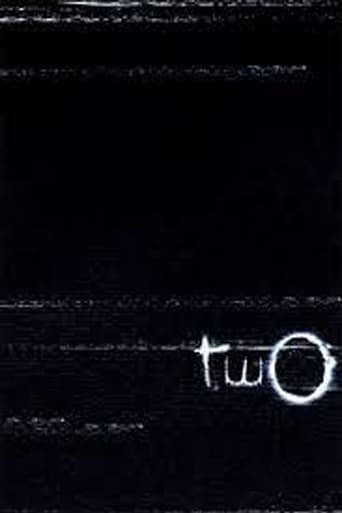
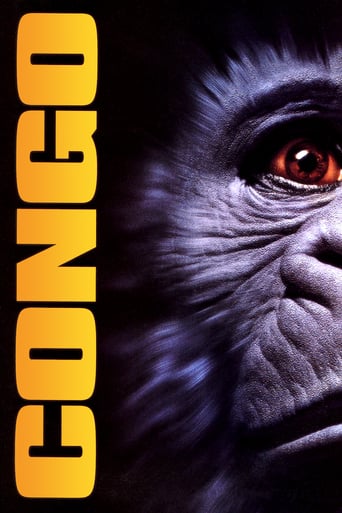
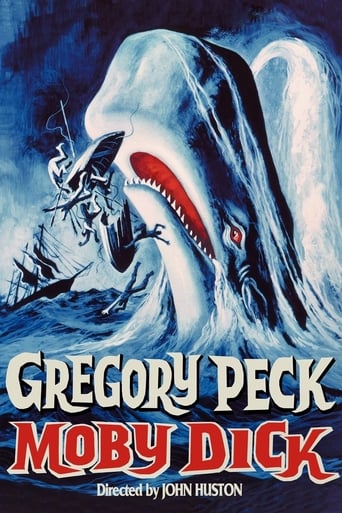
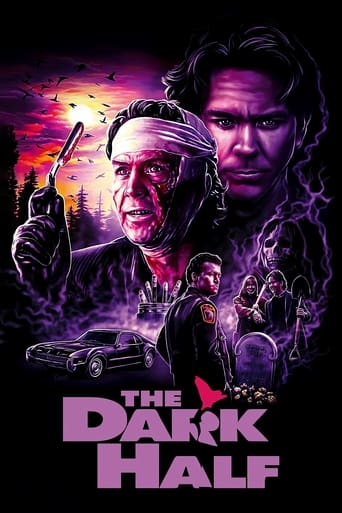
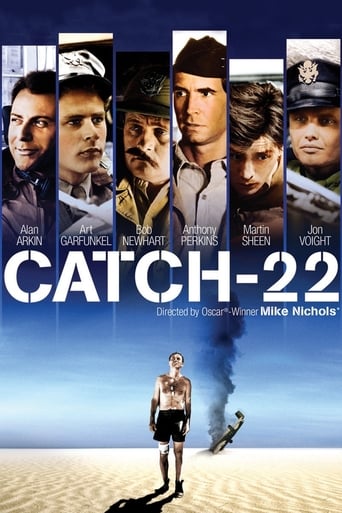
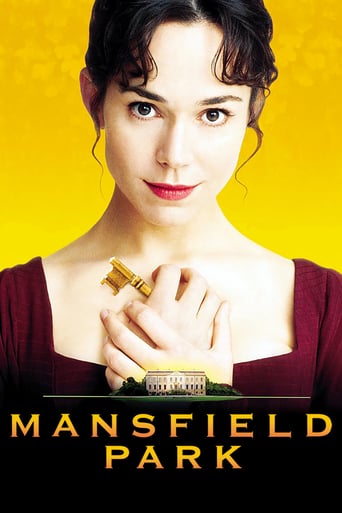
Reviews
Sorry, this movie sucks
I think this is a new genre that they're all sort of working their way through it and haven't got all the kinks worked out yet but it's a genre that works for me.
It’s fine. It's literally the definition of a fine movie. You’ve seen it before, you know every beat and outcome before the characters even do. Only question is how much escapism you’re looking for.
There are moments in this movie where the great movie it could've been peek out... They're fleeting, here, but they're worth savoring, and they happen often enough to make it worth your while.
I wonder if the current obsession with CGI wouldn't help with an adaptation of Bulgakov's more-or-less unfilmable novel. That said, this version isn't really all that, or really all that bad, or good either, but I believe can't truly be viewed as a 'faithful' filming of the book. Bulgakov's book is, in many ways (but not exclusively) a desperate plea to Stalin to be left to create. Bulgakov wrote that book as a weird, confused and twisted confession of his fear, loathing, respect and honor of a terrible man who controlled his destiny and existence. Because of the kaleidescope of visions and ideas in the book, it's almost more of a mood piece than anything else, but most of all, a record of The Terror and Bulgakov's reaction to it. In fact, by all accounts, Stalin liked the book and for that reason allowed Bulgakov to live, but considered the work too much for the masses and kept such things suppressed despite his own personal regard for the author. I bring this point up because without understanding WHY the book was written the supposed failure of the Yugoslav adaptation makes no sense. This movie is not a faithful version of the book as it essentially uses the characters, features, and settings of the book for a totally different end; in the book, Bulgakov was using caricatures of various 'evil' personages to flatter Stalin; the end effect is to honor a great and powerful figure. In this Yugoslav version the ideas of The Devil are economic and ideological, not really artistic or aesthetic, and bluntly presented. It's extremely difficult, VERY difficult, to not see Tito in the character of The Devil. I wasn't paying too much attention, to be honest, until the staged scenes of 'Black Magic', and when that got going I almost fell out of my chair. At that point I watched the entire movie again. I'm unsurprised this film was suppressed. Holy Moley. Anyway, as an adaptation of Bulgakov's famous (infamous?) novel, this movie doesn't work; as a seminal and very important piece of Yugoslav dissident filmmaking, it's pretty close to a masterpiece. Watch it for what it is.
Although the film deals with one of the best known Russian literature writers, the film itself fails on most accounts, namely because it does not deal with the tendency for times to change, with the expulsion of communist Russia, this film no longer has any prominent themes to explore and on top of that, it was done by an Italian filmed on the streets of Belgrade. It is very boring at times with unmotivated and stiff acting by most of the leagues and it is a period piece. The ending was the only thing redeeming about it and I would just rate it as an average piece of work.....
Aleksandar Petrovic's 'Maestro e Margherita, II (1972) is a visual masterpiece and probably the most important 'dissident' movie from former Yugoslavia. Unlike other dissident films such as 'Kako Sam Sistematski Unisten od Idiota' or 'Varljivo Leto '68' it is brave, straightforward, intelligent and funny. On the other hand, its criticism of greed and hypocrisy resembles the work of yet another Yugoslav director, Dusan Makavejev's 'Sweet Movie'.Although the film retains opulent 'mysticism' and spirituality of Bulgakov's novel 'Master and Margarita' it nevertheless additionally depicts local atmosphere and political circumstances of than uncomfortable Yugoslav reality. The film was banned for about 20 years. However, it successfully survives and continues to present recent past in an unique and brave way.
